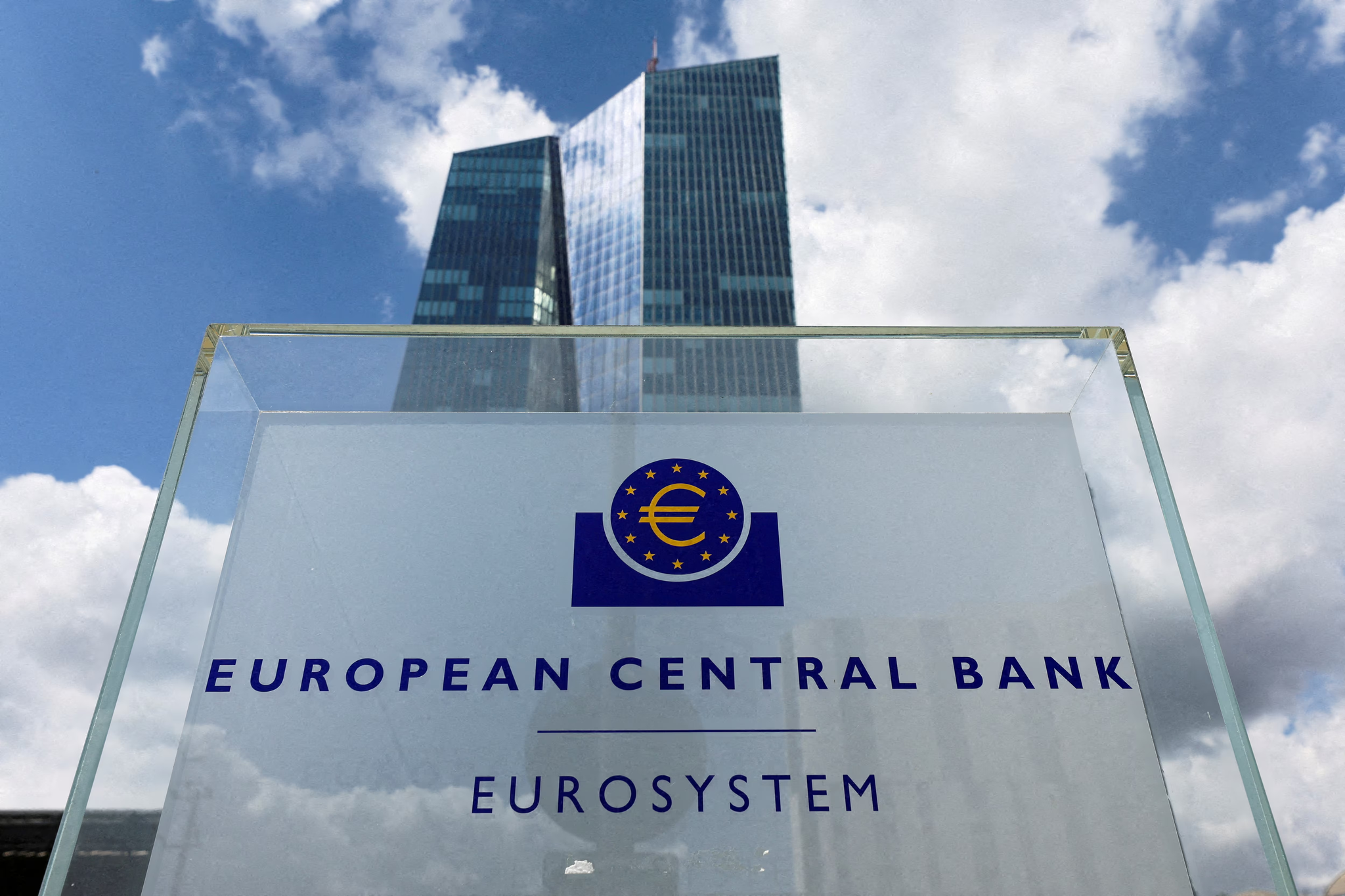The European Central Bank (ECB) has initiated a series of rate cuts, bringing its deposit facility rate to 3.5%—its lowest since July 2023. With Eurozone inflation falling below the 2% target in September (now at 1.8%), the ECB is expected to reduce rates further, possibly reaching 3% by the year's end. This move signals a turning point, with financial institutions and policymakers aiming to bolster economic recovery and consumer confidence.
These changes have had a noticeable impact on mortgage markets. Rates across Europe are declining, with notable drops in countries like France and Italy, where average mortgage rates have fallen from previous highs of 3.6% and 4.5%, respectively. The easing financial environment has also stimulated buyer interest; online property searches surged by 29% following initial rate cuts in mid-2024.
Investment and Market Trends
The lower interest rates are encouraging cross-border investments, with Europe maintaining its position as a leading destination for global capital. Preliminary Q3 2024 data reveals a 22% year-on-year increase in cross-border investment activity. Notably, private capital played a significant role, accounting for 27% of total investment volumes. Key sectors like logistics and residential properties continue to attract strong interest, buoyed by improved financing conditions and investor confidence.
Despite these positive indicators, luxury residential markets in Europe are showing slower growth compared to global trends. Annual price increases for prime properties in major European cities averaged 0.8% as of mid-2024, compared to 2.6% globally. However, cities like Madrid, Lisbon, and Dublin stand out with growth rates exceeding 4.5%, highlighting the varied regional performance within Europe.
Policy Shifts and Challenges
Government policies are also influencing real estate markets. Changes such as tightened Golden Visa regulations in Greece and tax adjustments in France and Italy are reshaping the landscape. Meanwhile, efforts to address housing affordability and over-tourism are becoming more pronounced. For instance, Barcelona plans to ban holiday rentals from 2028, and Greece has introduced a temporary ban on new short-term rental licenses in key regions.
Looking Ahead
With forecasts predicting Eurozone economic growth to accelerate from 0.8% in 2024 to 1.2% in 2025, the European real estate sector is poised for steady activity. The anticipated continuation of monetary easing, alongside robust investment interest, sets the stage for a favorable climate for both domestic and international investors. However, ongoing policy shifts and regional disparities underline the importance of localized market analysis and strategic planning.
For stakeholders in real estate, the evolving environment offers both opportunities and challenges. By staying informed and adaptable, investors and developers can navigate this dynamic period effectively.
source: Knight Frank















